The ever-evolving landscape of early childhood education has recently revealed a surprising and concerning trend—an increasing number of kindergarteners are arriving at school still in diapers. Brenda Capone Kingston, a seasoned educator and social media influencer, recently took to TikTok to express her shock and confusion over this phenomenon, igniting a debate that has resonated with teachers, parents, and childcare professionals alike.
A Growing Concern Among Educators

In a now-deleted TikTok video, Brenda Capone Kingston, known as @Ms3rdGrade, shared her astonishment at the number of children entering kindergarten still wearing diapers. With over 43.7K followers on the platform, Kingston’s video quickly gained traction, shedding light on an issue that many educators had observed but few had publicly addressed.
Kingston, who has been a teacher for many years, voiced her concerns by stating, “Diapers in kindergarten—this has been something that’s been a conversation with fellow teachers for the past several weeks now. The amount of kids in diapers in kindergarten—I had no idea.”
@blueducation @✨🩷Ms3rdGrade💚✨ ♬ original sound – Blueducation
Reflecting on Past Expectations
Kingston’s surprise was not limited to just the current trend but extended to a comparison with her own experience as a mother. She reminisced about the time when her own children were in school, emphasizing that potty training was a prerequisite for kindergarten enrollment. “I remember when my kids went to school…your child had to be potty-trained before you could send them to kindergarten,” she shared, pointing out that her daughter, now 24, and her son, 22, were both potty-trained well before starting school.
Why Are Kids Still in Diapers?
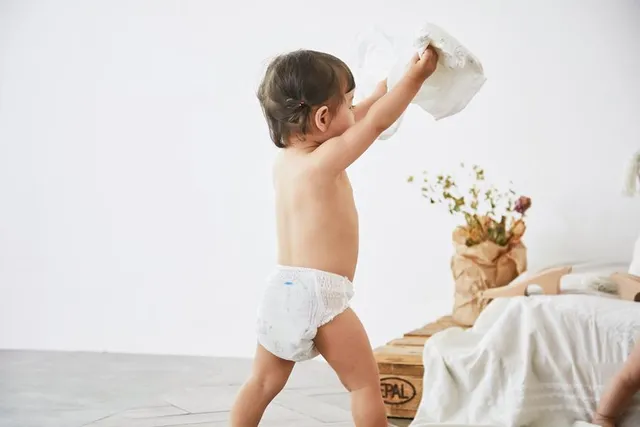
The question on many minds, including Kingston’s, is why so many five- and six-year-olds are still in diapers. Kingston pondered, “Why do we have so many five- and six-year-olds still in diapers?” This sentiment resonates with many educators who are facing similar situations in their classrooms.
The reasons for this trend could be multifaceted, involving changes in parenting styles, shifts in societal expectations, or perhaps a lack of readiness in children due to various factors. However, Kingston’s observations are clear—this is a significant issue that deserves attention and discussion.
The Challenges for Kindergarten Teachers
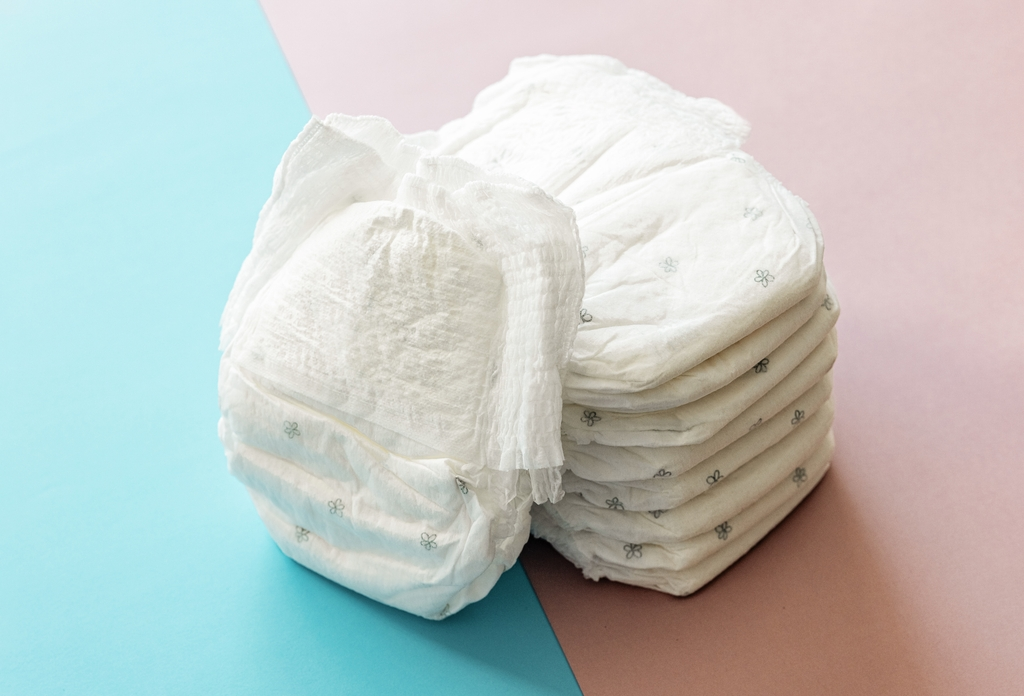
Kindergarten teachers are now faced with the additional responsibility of managing children who are not yet potty-trained. Kingston expressed her empathy for these teachers, acknowledging the difficulty of the situation. “You kindergarten teachers that are dealing with this, bless your heart because I don’t think I could,” she remarked.
Managing a classroom of young children is already a challenging task, and the added burden of dealing with multiple children in diapers only compounds the difficulties. Kingston’s concern for her fellow educators highlights the strain that this trend is placing on the teaching profession.
The Legal Perspective: Potty Training Legislation
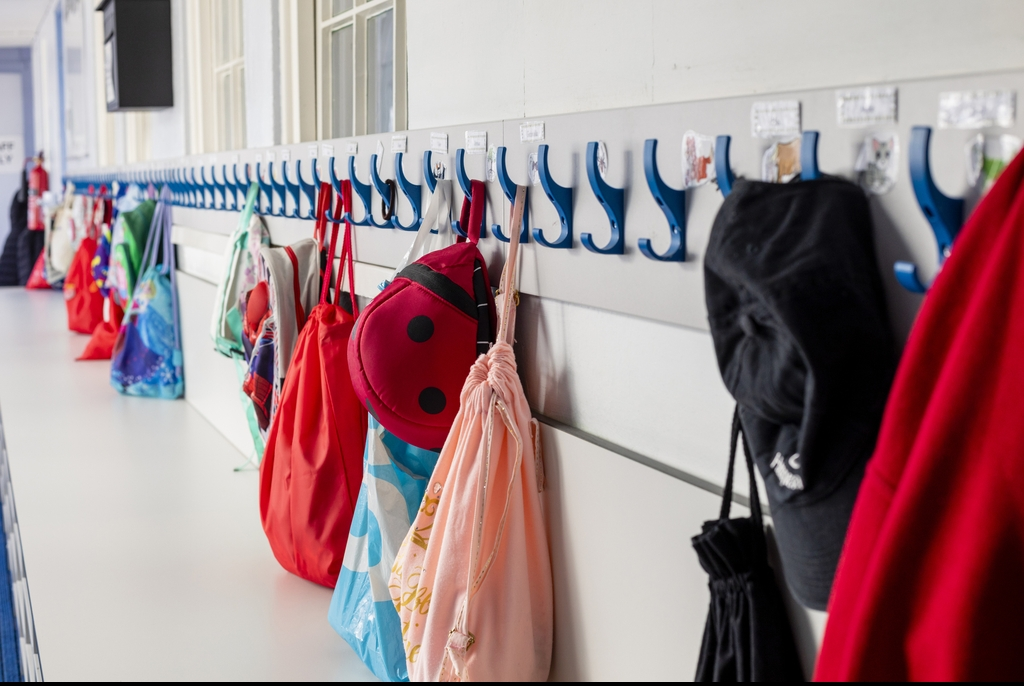
In response to the growing number of unpotty-trained children entering school, some states have begun to take legislative action. In March, Utah passed a law making potty training a requirement for kindergarten enrollment. The bill’s sponsor, Rep. Douglas Welton, cited the increasing number of children starting school without being fully potty-trained as the motivation behind the legislation.
However, in Arkansas, where Kingston teaches, no such legislation has been passed. This discrepancy between states highlights the need for a more unified approach to early childhood education standards.
The Role of Parents in Potty Training
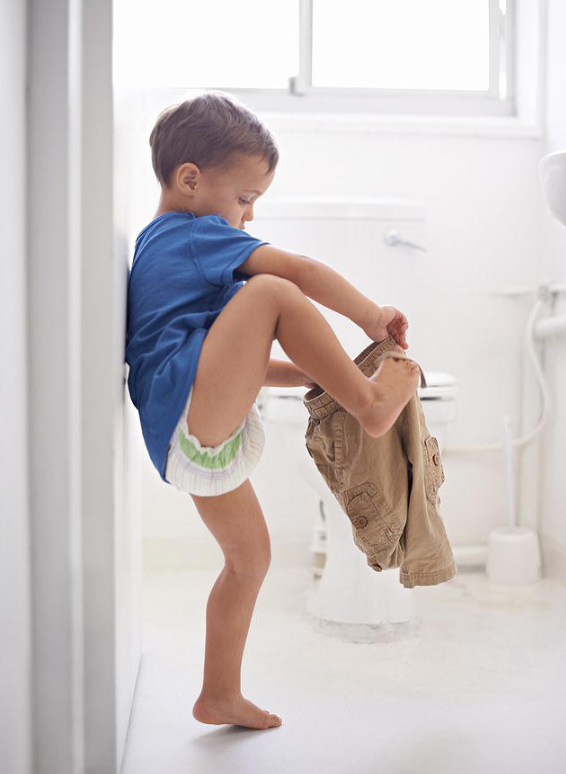
While schools and teachers are grappling with this issue, the role of parents in potty training cannot be overlooked. According to the Mayo Clinic, most children show signs of readiness for potty training between 18-24 months, with some children taking longer, up to three years of age.
However, the trend of children entering kindergarten in diapers suggests that some parents may be delaying this crucial developmental milestone. The reasons for this delay could range from busy schedules to a lack of awareness about the importance of early potty training. Regardless, the responsibility ultimately falls on parents to ensure their children are ready for school.
A Controversial Topic on Social Media
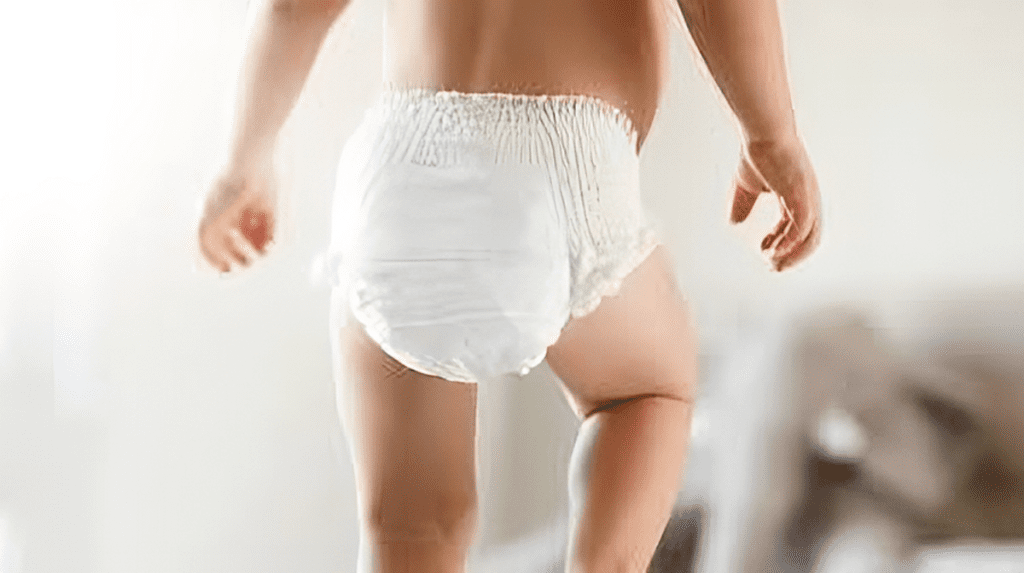
Kingston’s TikTok video sparked a wave of reactions, both supportive and critical. The educator, who typically keeps her content upbeat and positive, found herself at the center of a heated debate. In a follow-up video, she addressed the backlash, expressing her gratitude to those who supported her and her disappointment in those who twisted her message.
“Let’s address the elephant in the room,” she began, “First let me start by saying thank you to the overwhelming amount of people, especially teachers, that have reached out to me.” Kingston emphasized that her intention was never to harm but to bring attention to an issue that she, and many other teachers, are facing.
A Call for Awareness and Action
The trend of kindergarteners still in diapers is a clear indication that something needs to change. Whether it’s through increased awareness among parents, legislative action, or additional support for teachers, the issue cannot be ignored. Kingston’s candid discussion has opened the door for a broader conversation about early childhood development and the expectations we place on both parents and educators.
Conclusion: A Wake-Up Call for Parents and Educators
The revelation that an increasing number of kindergarteners are starting school in diapers is a wake-up call for parents, educators, and policymakers. It underscores the importance of early childhood development and the need for clear guidelines and expectations when it comes to potty training. Brenda Capone Kingston’s experience serves as a reminder that while the challenges of raising and educating young children are many, addressing these issues head-on is essential for the well-being of both children and the professionals who care for them.


